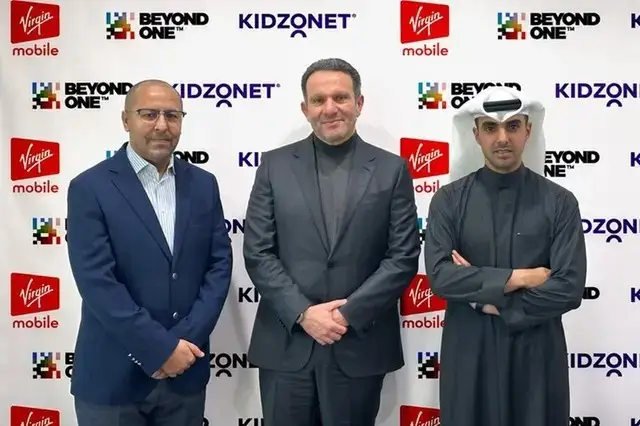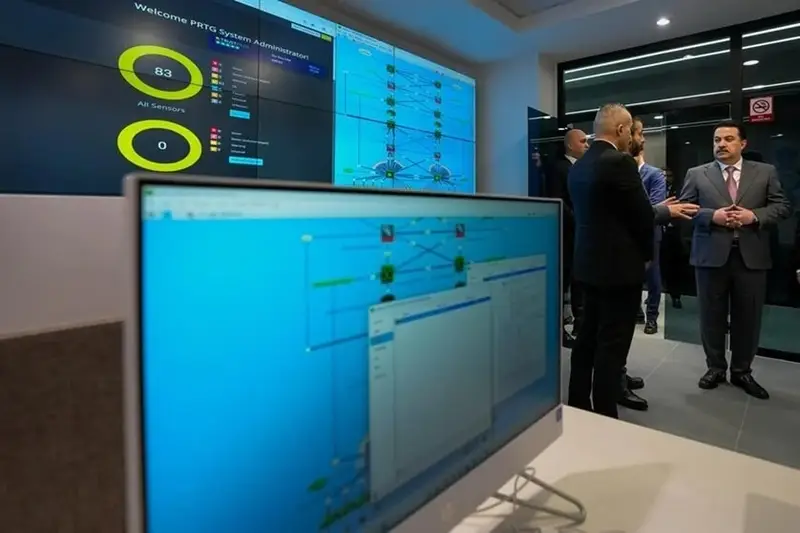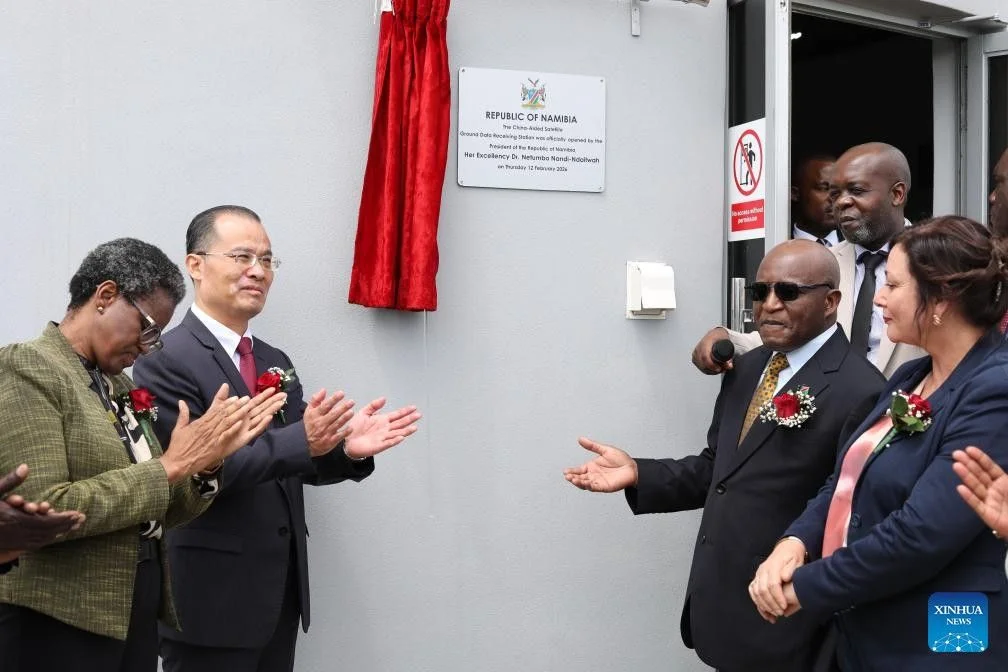Nokia, in collaboration with Saudi Arabia’s Communications, Space & Technology Commission (CST), local neutral host provider ACES NH, and major service operators Mobily and Zain Saudi, has successfully completed an industry-first pilot deploying 5G Standalone (5G SA) indoor coverage using sharable indoor spectrum in the 4.0–4.1 GHz band alongside active sharing technologies.
This groundbreaking pilot enables every mobile operator in Saudi Arabia to deliver gigabit-class 5G connectivity inside low to medium traffic buildings through a single, cost-optimized system. By eliminating duplicate infrastructure and the need for 4G anchors, the deployment reduces costs by over 60%.
The proof-of-concept highlights Nokia’s Shikra radio portfolio combined with Multi-Operator Core Network (MOCN) software, which together unlock spectrum-efficient multi-operator 5G suitable for both private wireless and public networks.
Mobile data usage per smartphone is expected to increase from 29 GB per month in 2024 to around 54 GB per month by 2030. Since 80% of mobile traffic originates indoors, traditional Distributed Antenna Systems (DAS) typically require separate hardware and spectrum per operator, resulting in high capital and energy costs.
By leveraging sharable indoor spectrum in the 4.0–4.1 GHz band and 5G SA active sharing, the pilot demonstrates equitable spectrum access for all operators, accelerating 5G coverage in business districts, giga-projects, and public venues. Early cost modeling by Nokia and ACES indicates a further 47% saving when 4G anchoring is eliminated, making 5G SA greenfield indoor deployments commercially viable from day one.
Nokia’s Shikra pico solutions are compact, low-power remote radios that provide consistent mid-band 5G coverage across multistorey buildings. Using 5G SA MOCN active sharing, a single radio access network (RAN) and core slice serve multiple operators simultaneously, increasing spectral efficiency and simplifying operations. The platform also supports private wireless applications, enabling dedicated enterprise 5G cores for Industry 4.0 and campus network services alongside public connectivity.
Key comments from stakeholders:
- Eng. Mufarreh J. AlNahari, Deputy Governor of Studies and Innovation at CST:
“This collaboration shows how innovative regulatory frameworks, vendor expertise, and local partners can deliver reliable, high-quality 5G for enterprises and consumers. We anticipate scaling this model across the Kingdom.” - Mikko Lavanti, Senior Vice President for Mobile Networks, MEA at Nokia:
“Sharable indoor spectrum is a powerful new tool that boosts indoor 5G adoption without the complexities of auctions or spectrum refarming. Our Shikra pico radios and 5G SA active sharing software prove that a single neutral host system can serve every operator with carrier-grade performance, reducing both cost and carbon footprint per gigabyte.” - Dr. Khalid AlMashouq, CEO at ACES NH:
“With Nokia’s innovative indoor portfolio, we can offer building owners a single, future-proof solution while enabling operators rapid, capital-efficient expansion. It’s a win for everyone in the 5G ecosystem.” - Eng. Alaa Malki, CTO at Mobily:
“Enhancing customer experience and optimizing indoor network performance are central to Mobily’s strategy. Our involvement in this pioneering initiative reflects our commitment to innovation, operational efficiency, and scalable 5G solutions. By advancing shared infrastructure, we reinforce Mobily’s leadership in shaping Saudi Arabia’s telecommunications future and supporting its digital transformation goals.” - Eng. Mohammed AlNujaidi, CTO at Zain KSA:
“Pioneering shareable network models that deliver scalable, high-performance connectivity aligns with Zain’s dedication to advancing Saudi Arabia’s digital infrastructure. This initiative enables seamless digital access and elevates customer experience, playing a key role in the Kingdom’s journey toward a knowledge-based economy and smart infrastructure development.”















